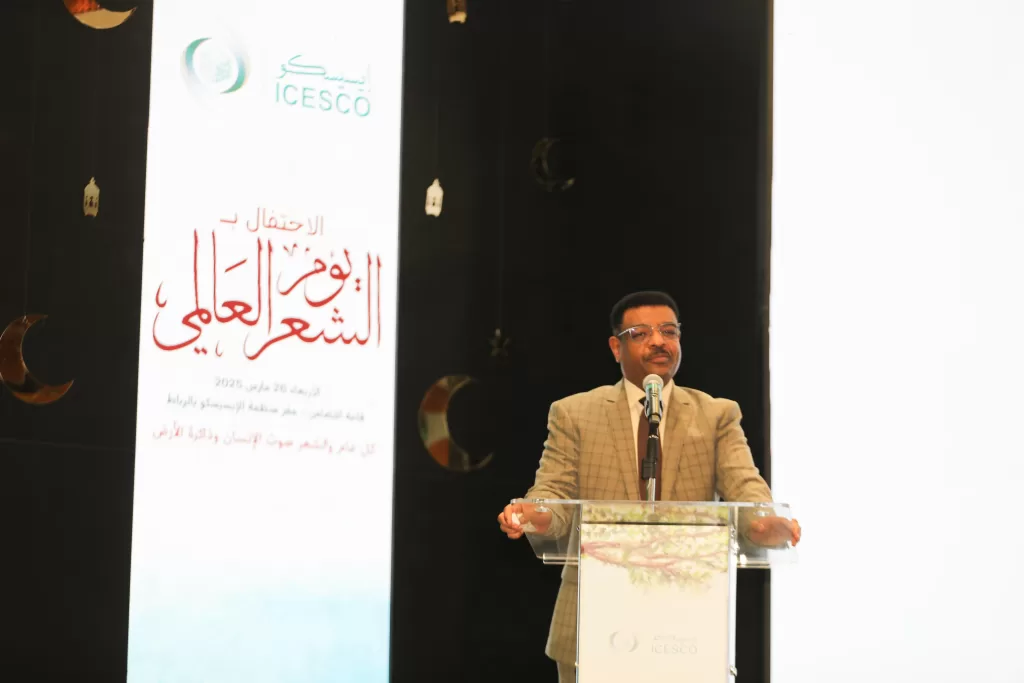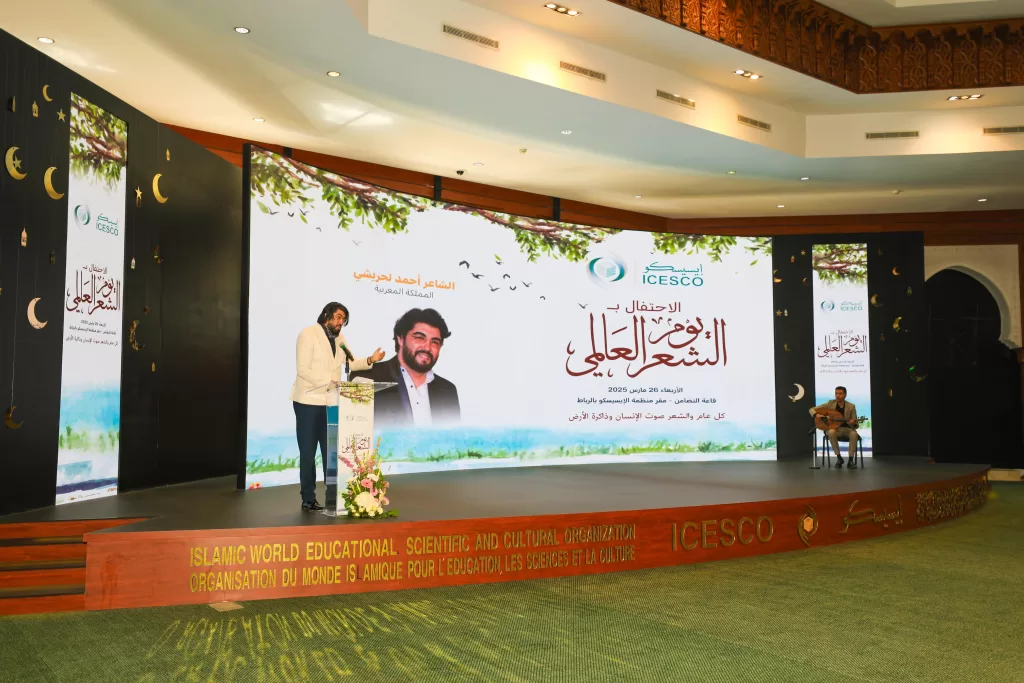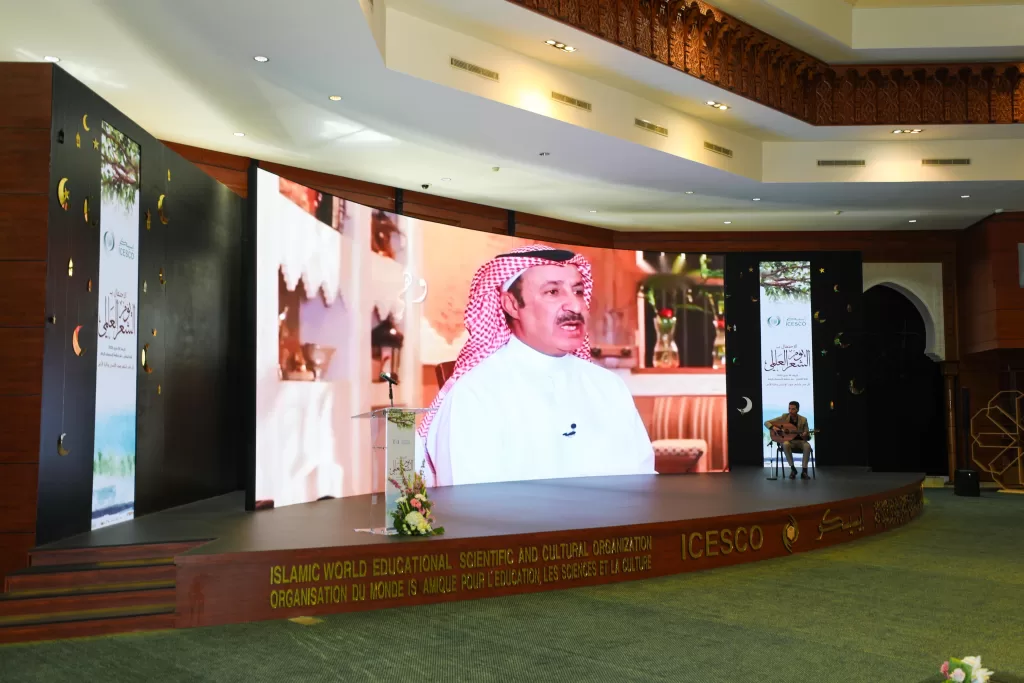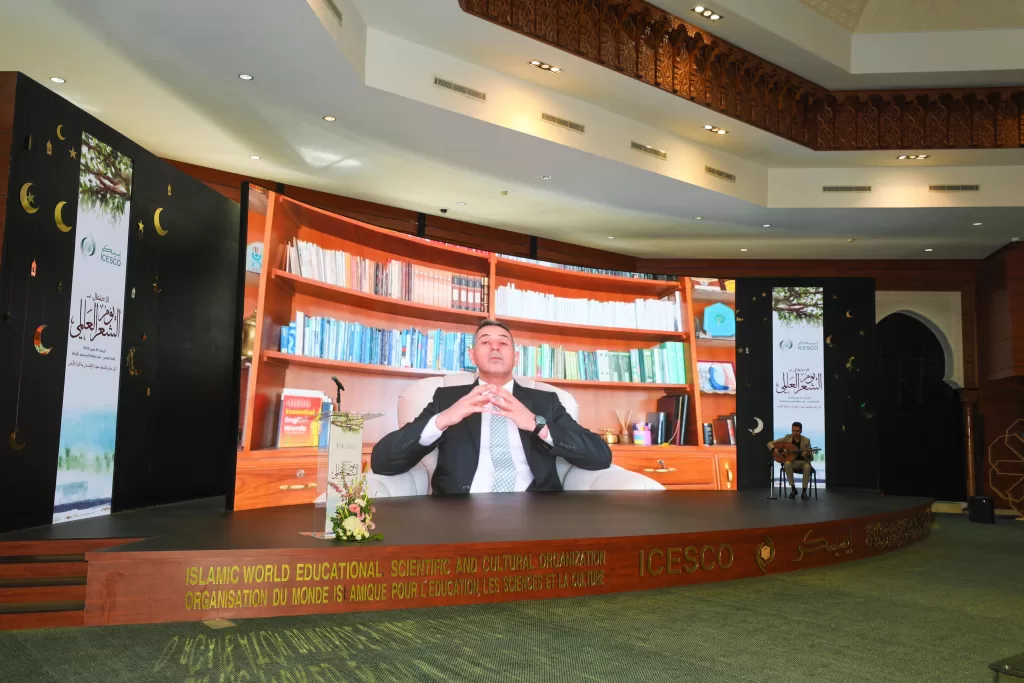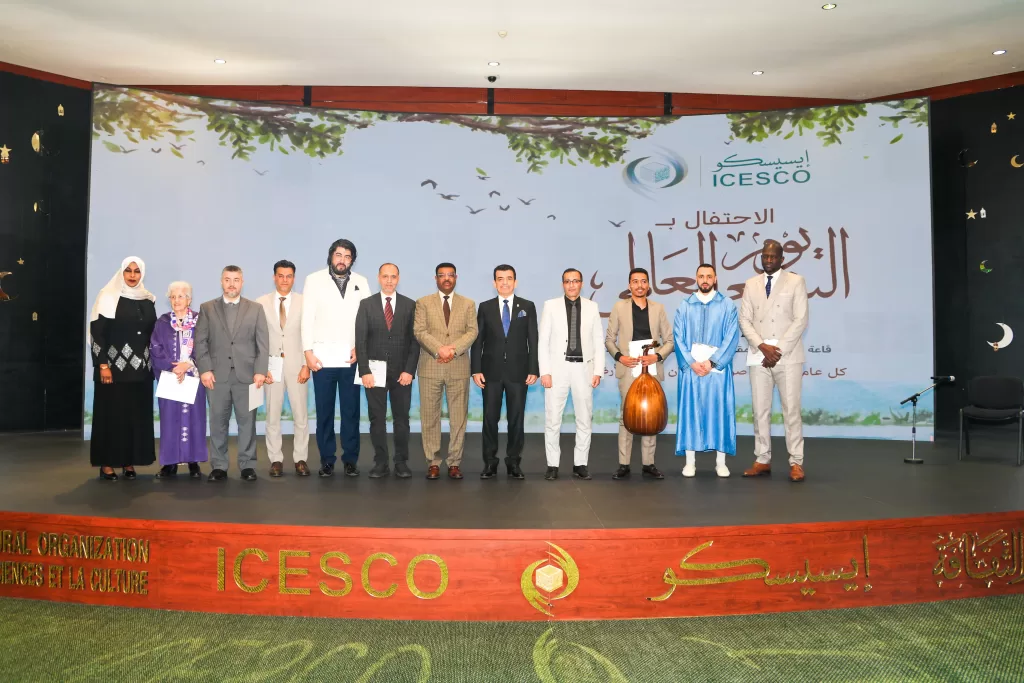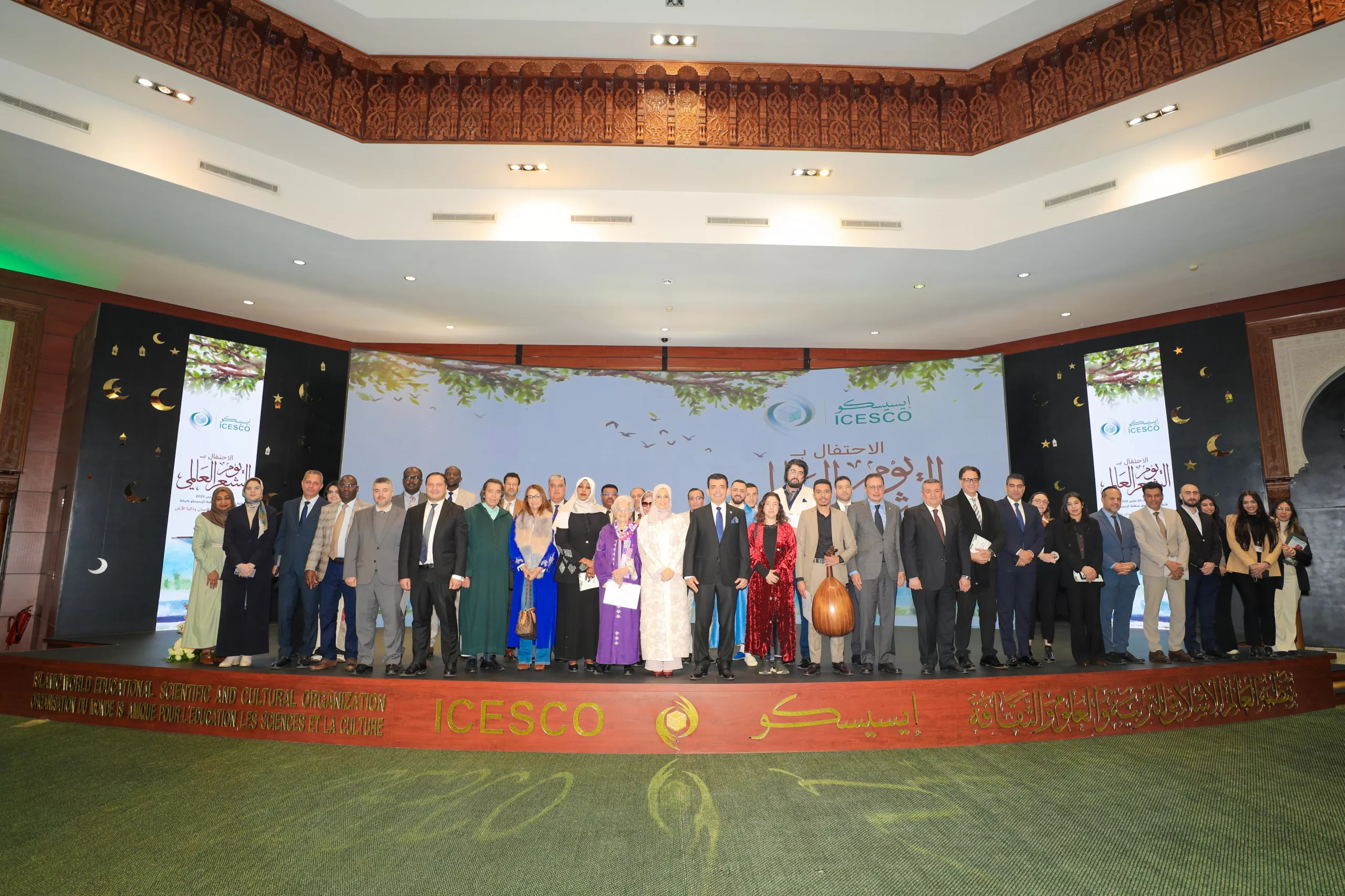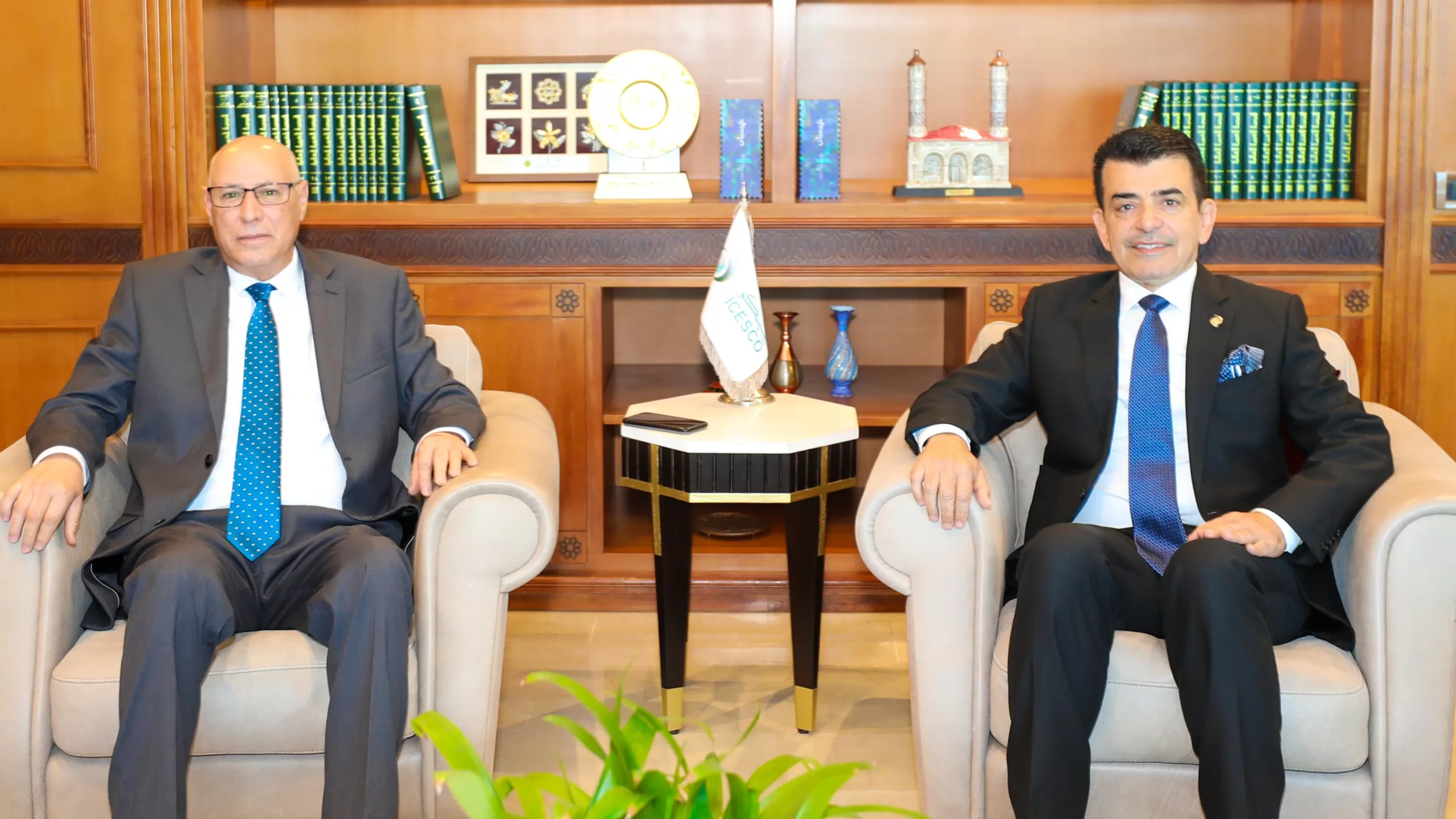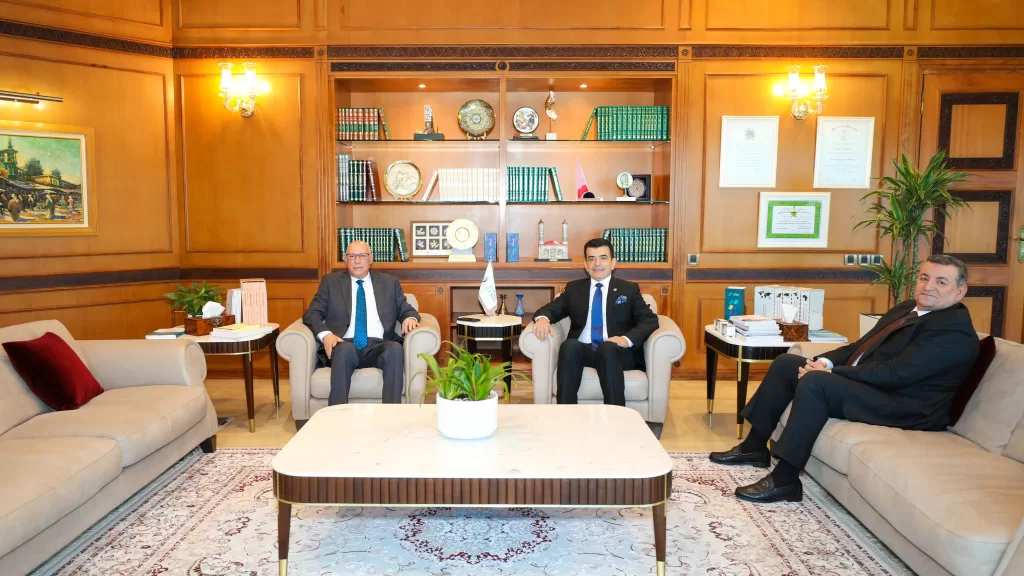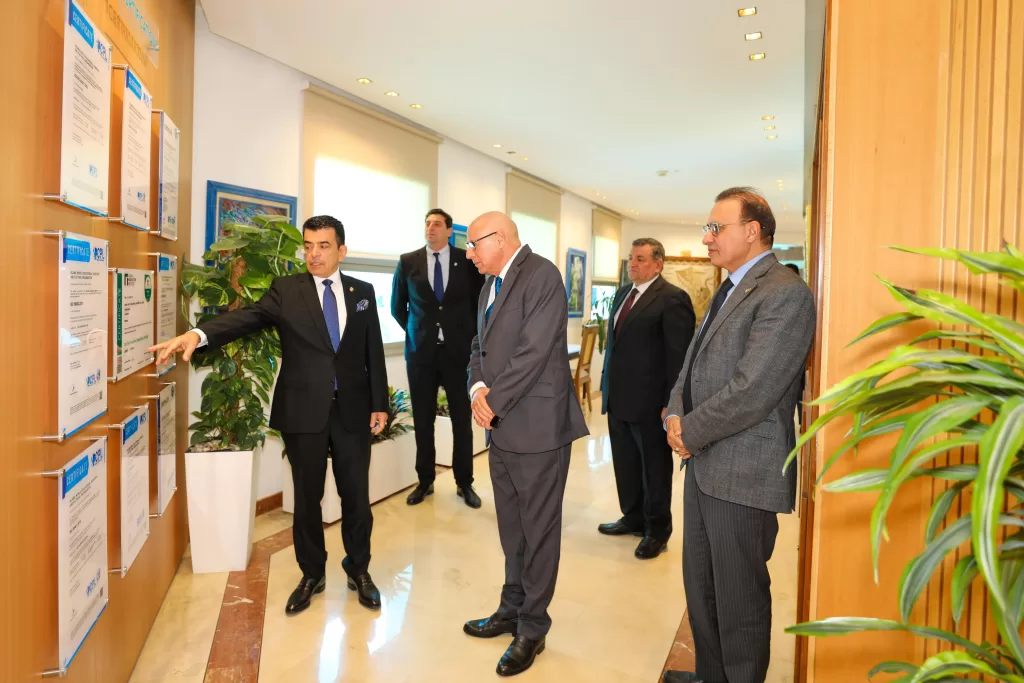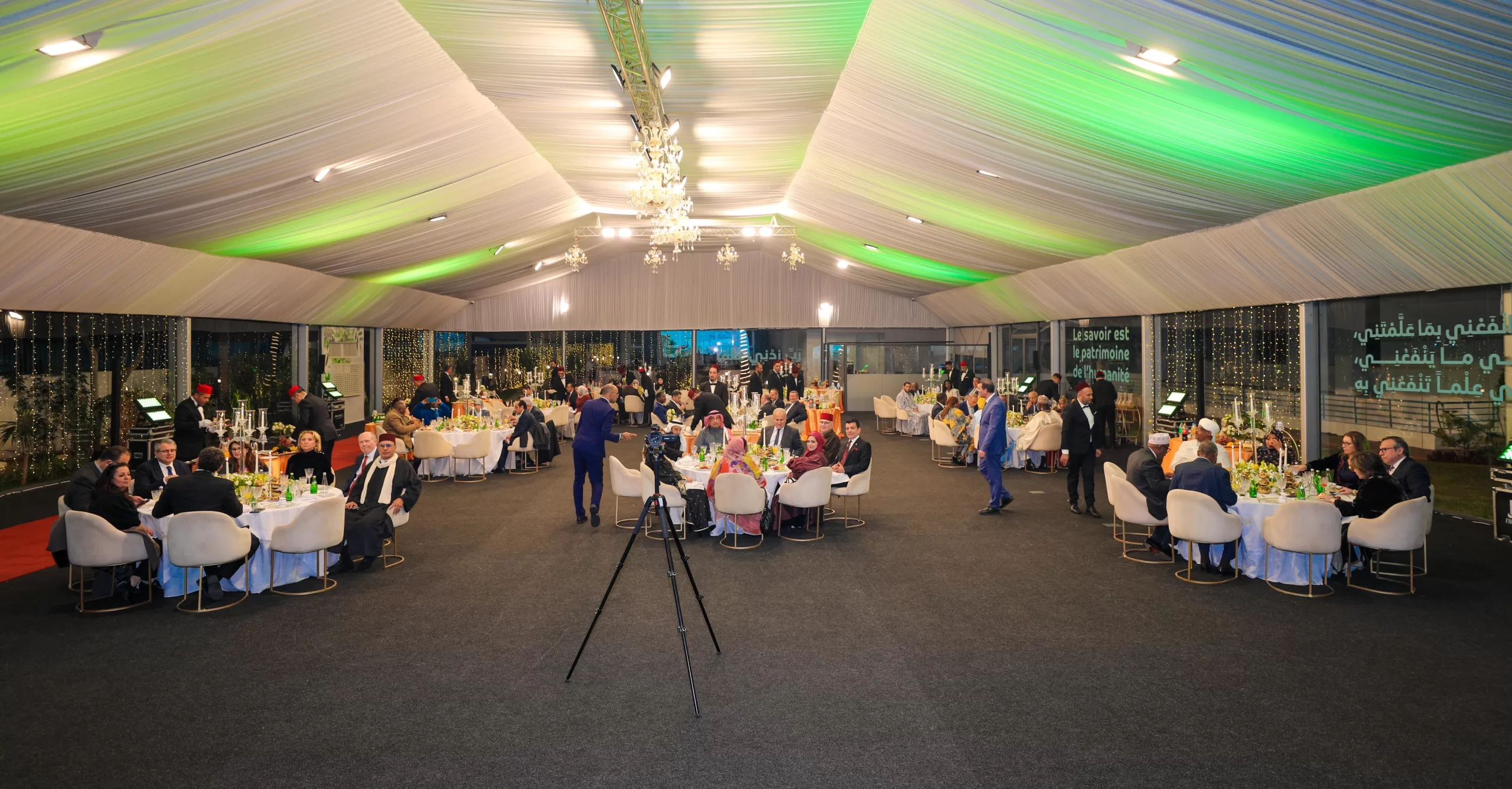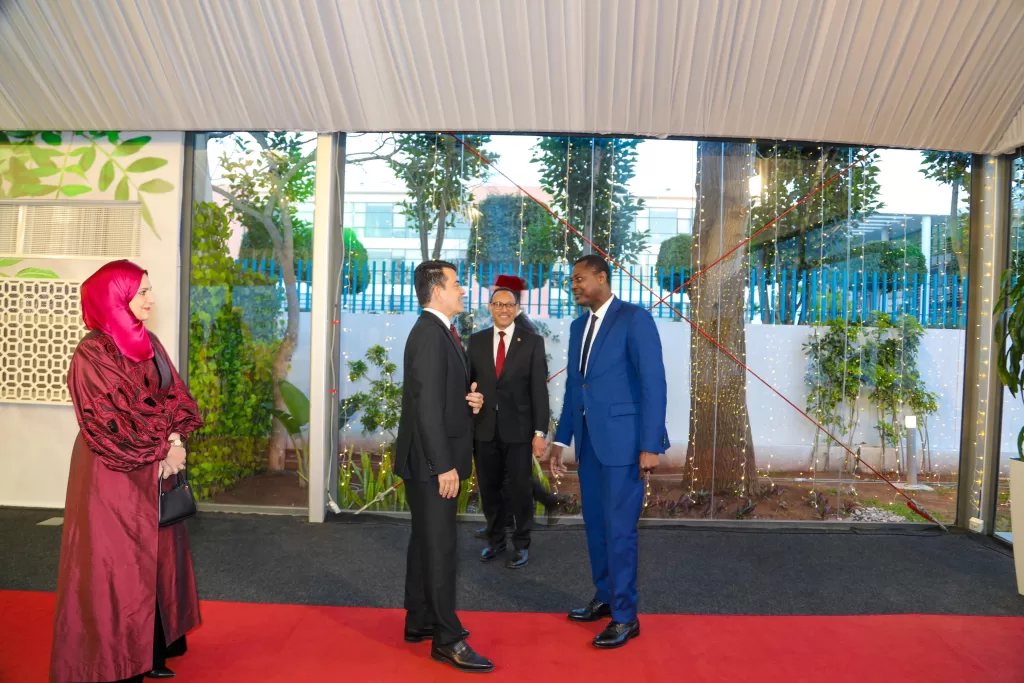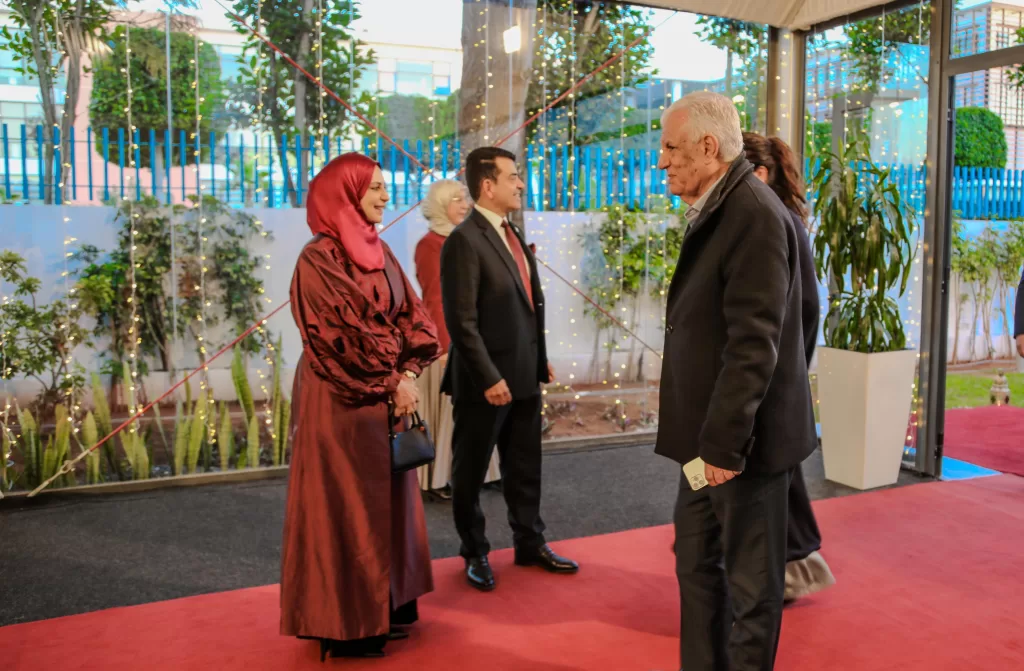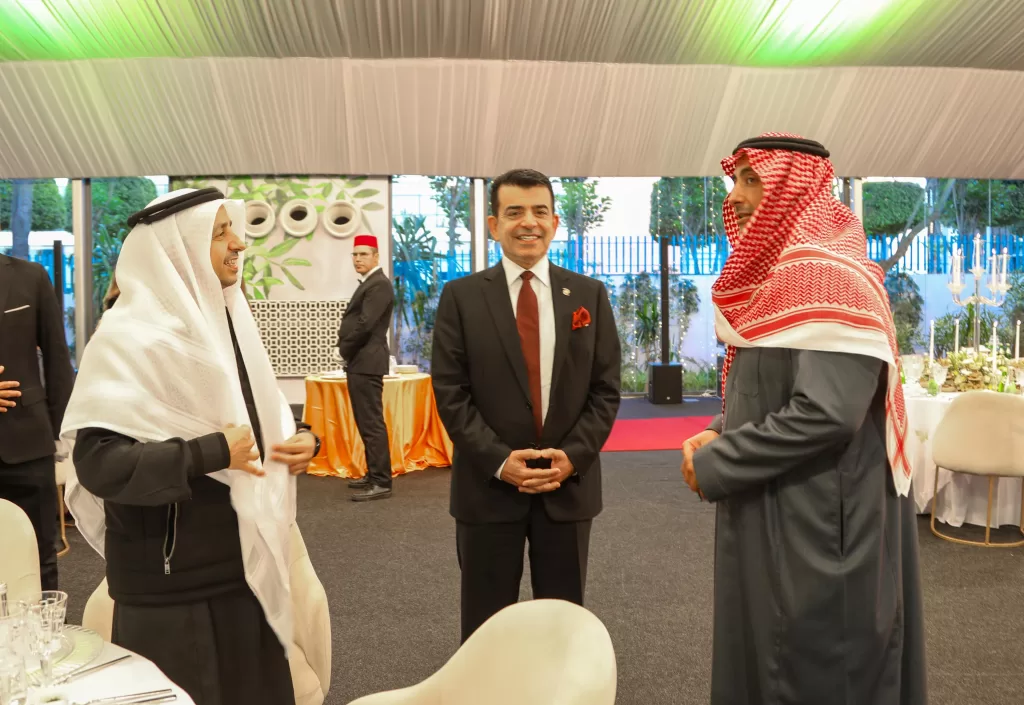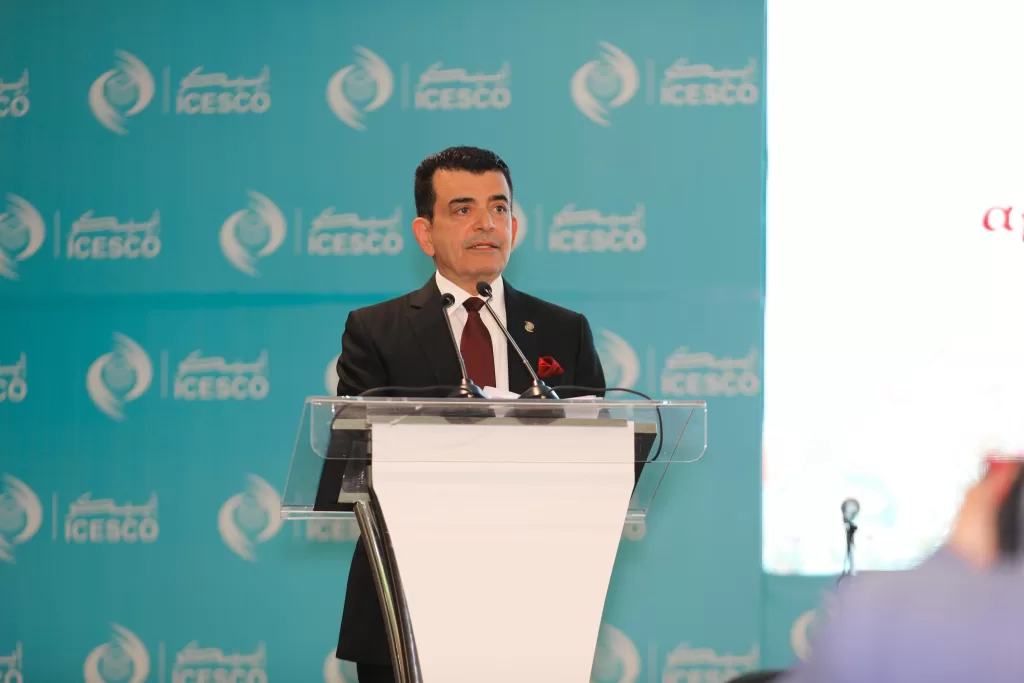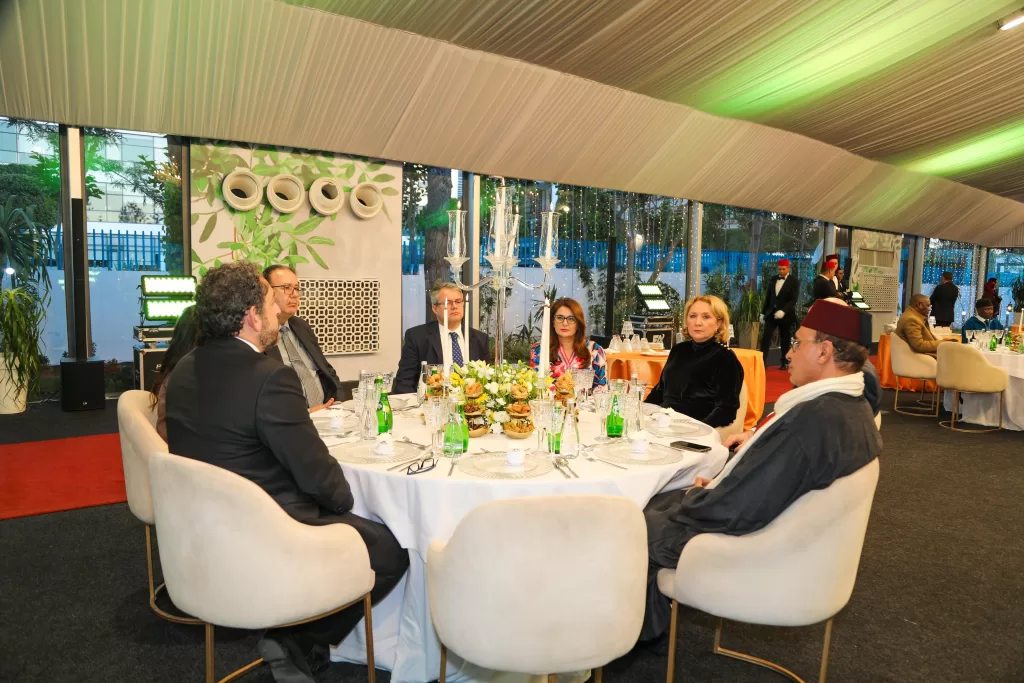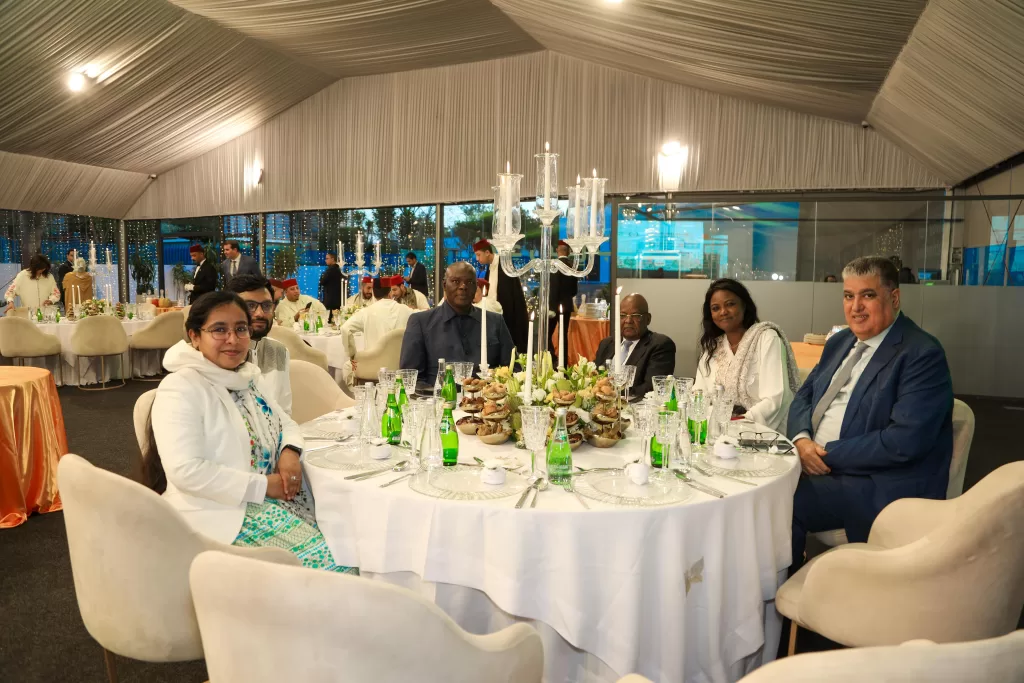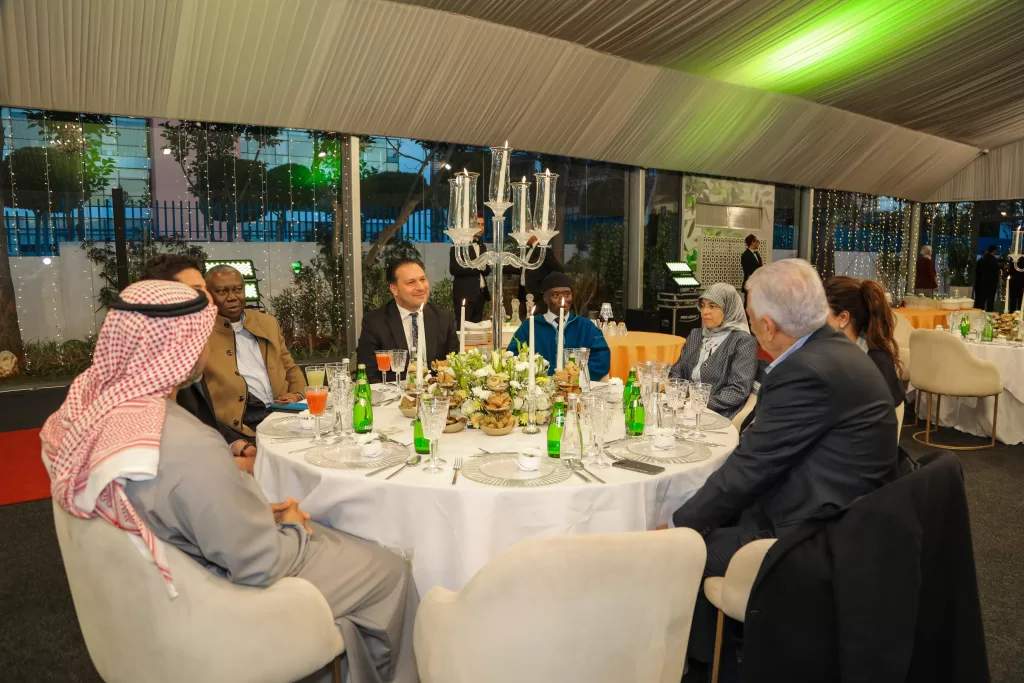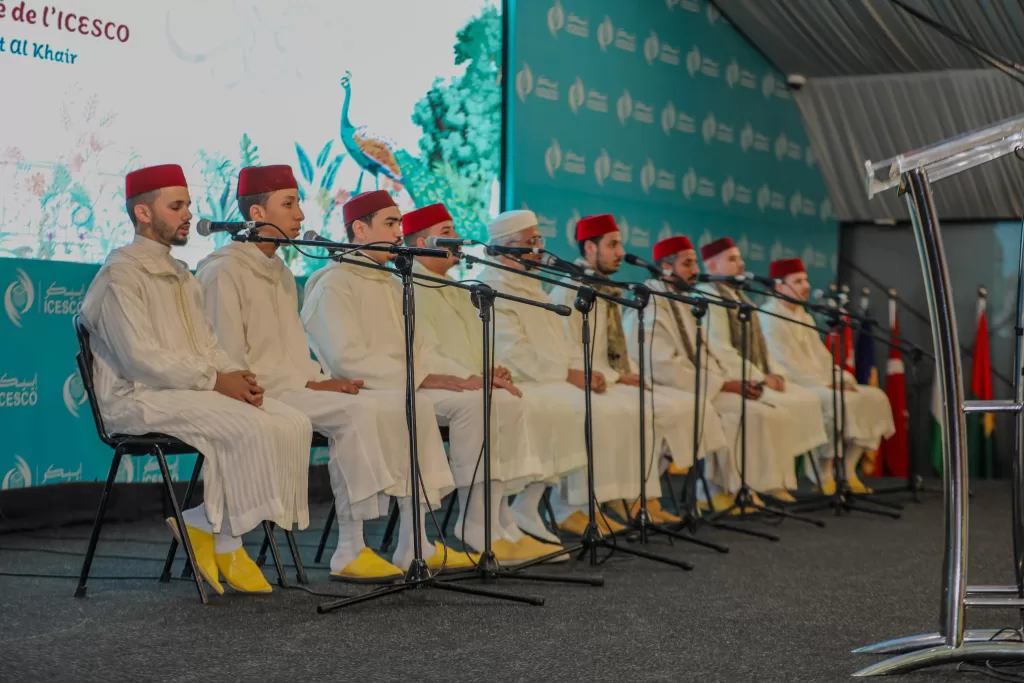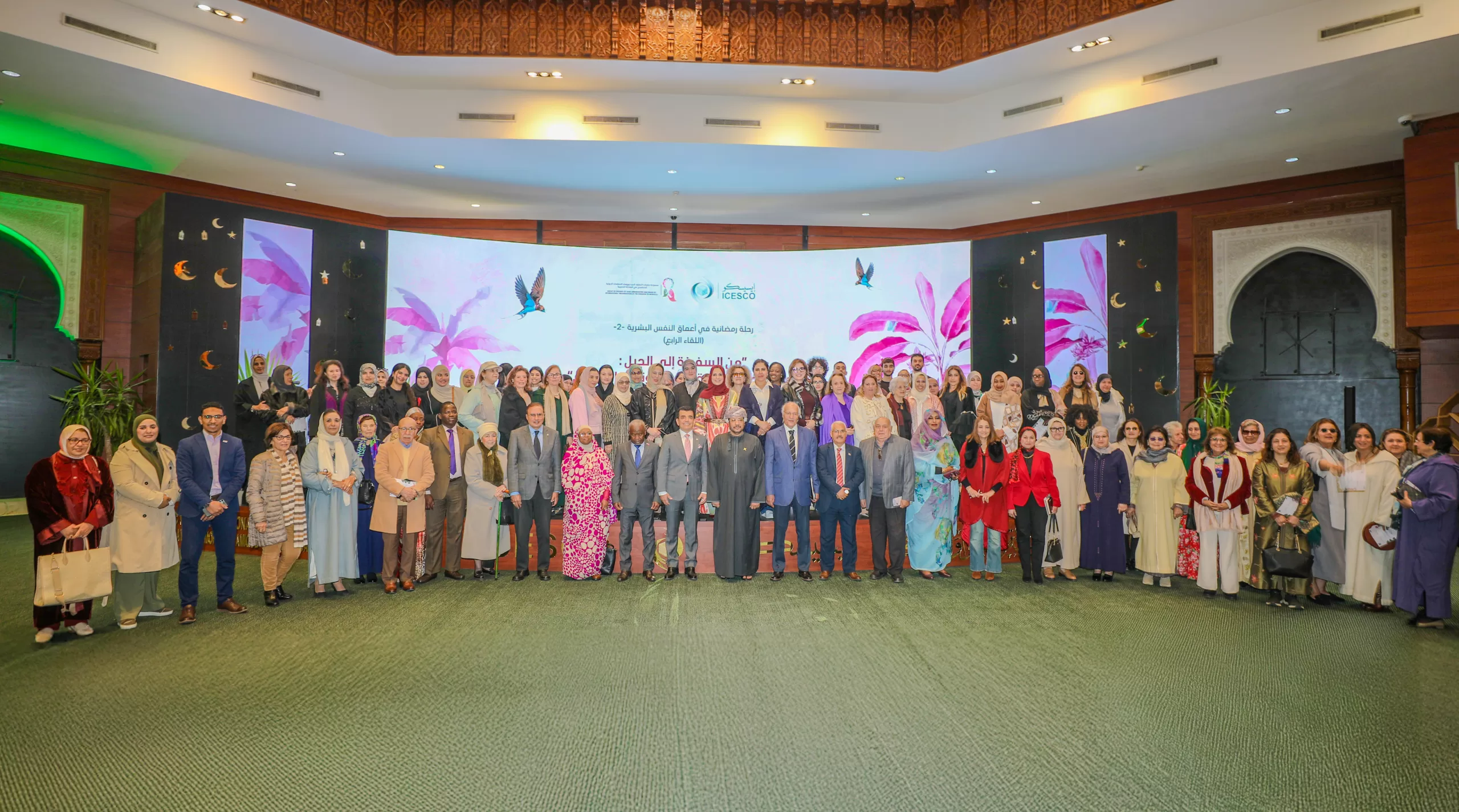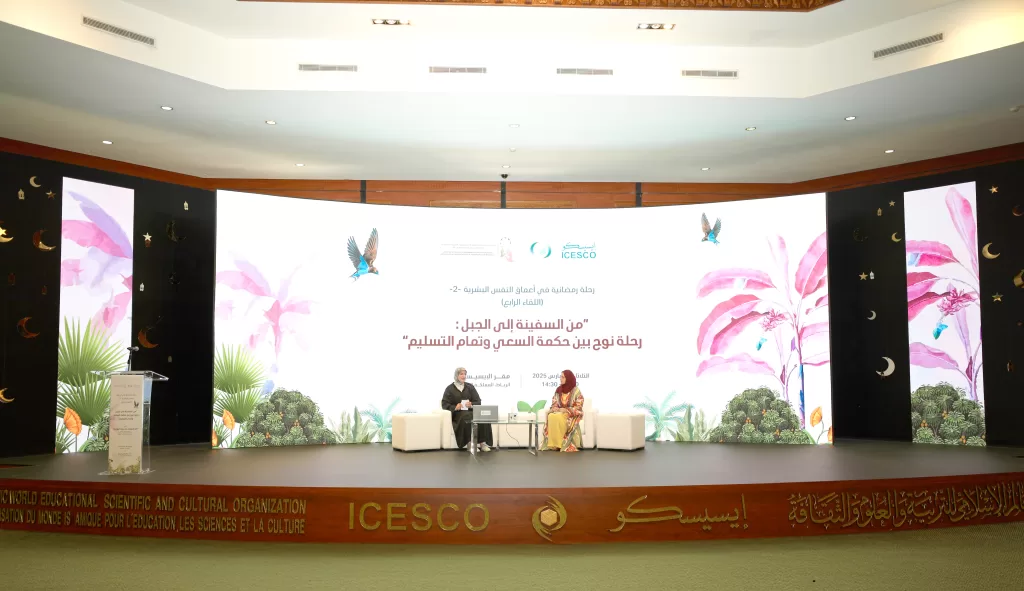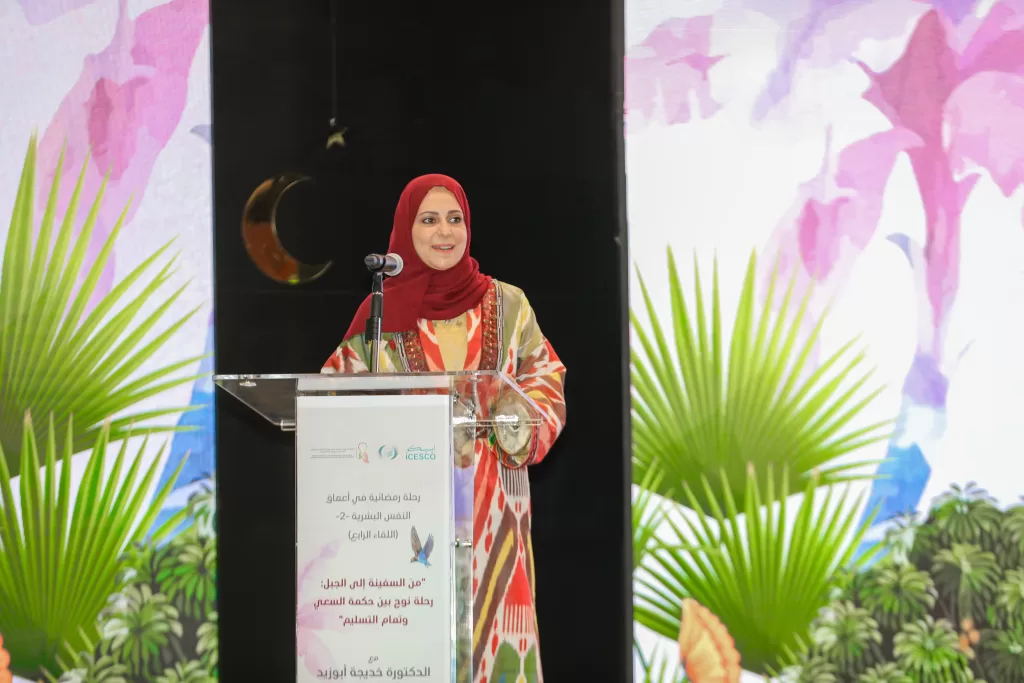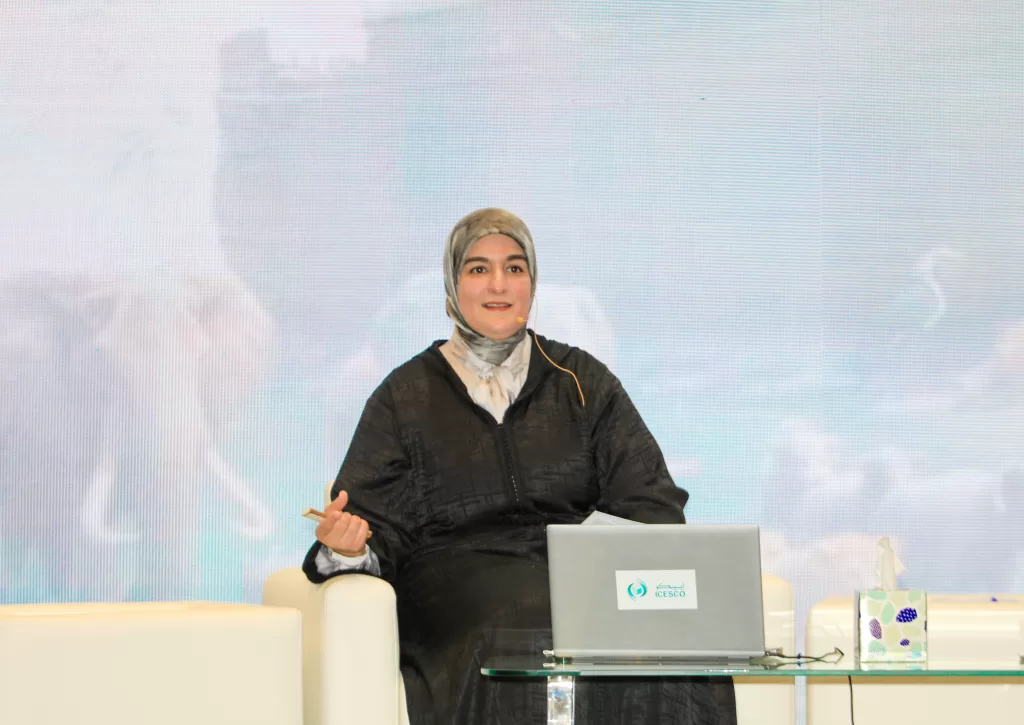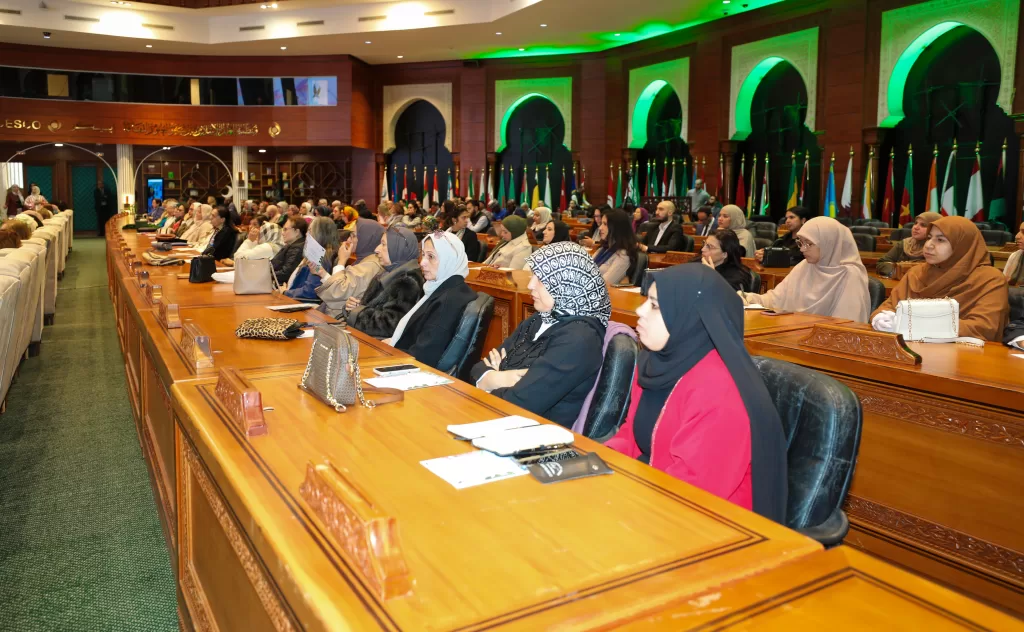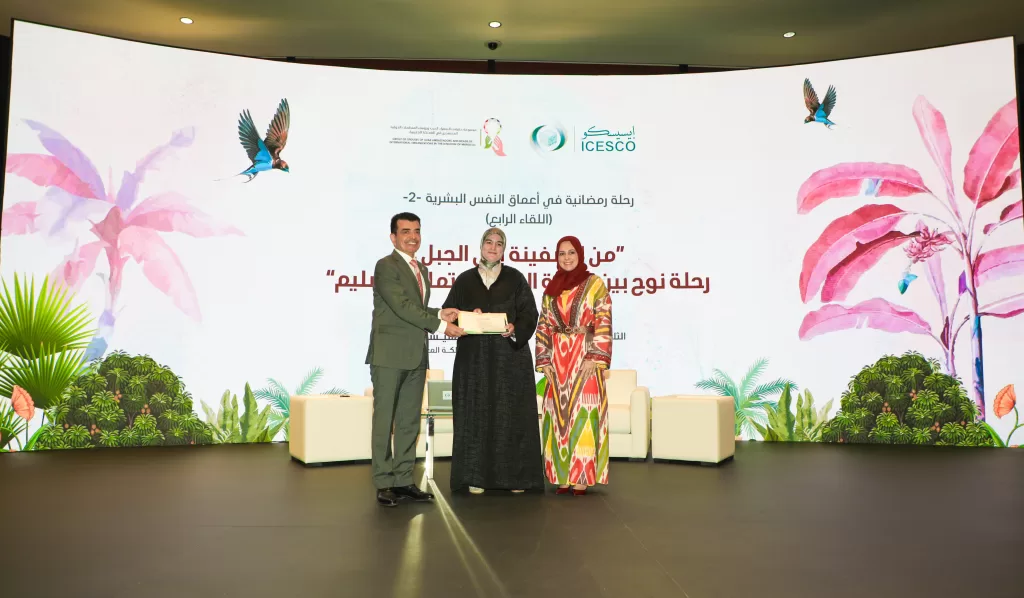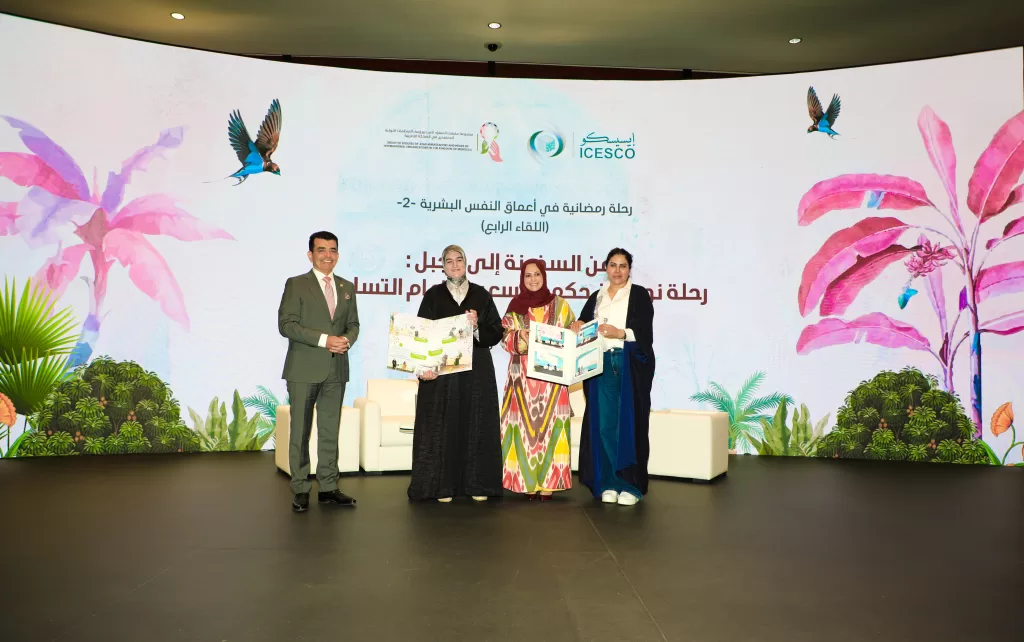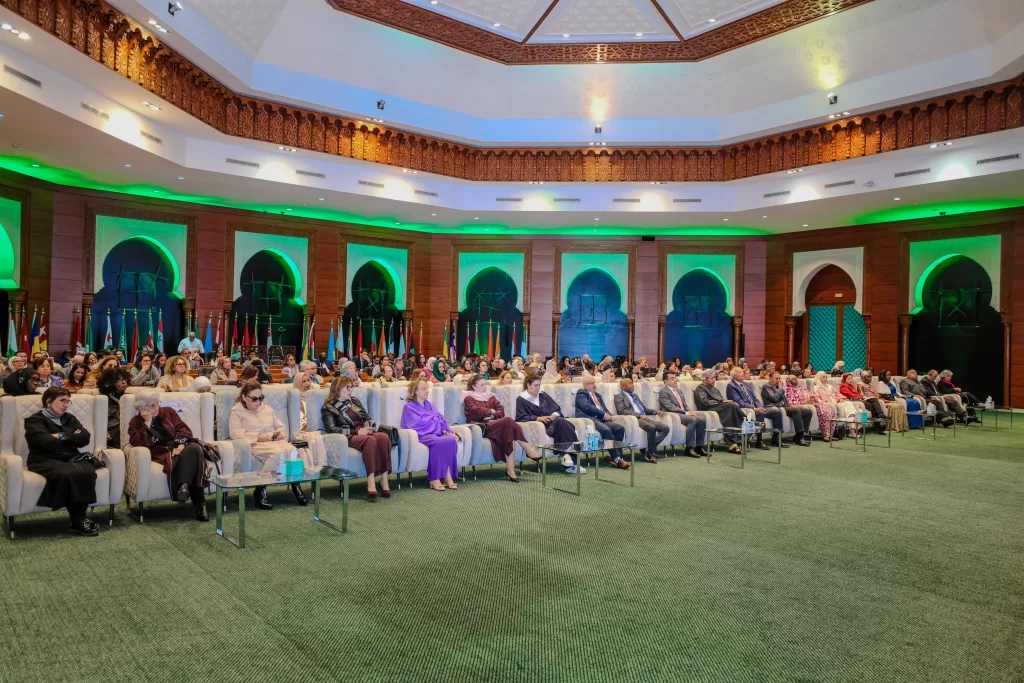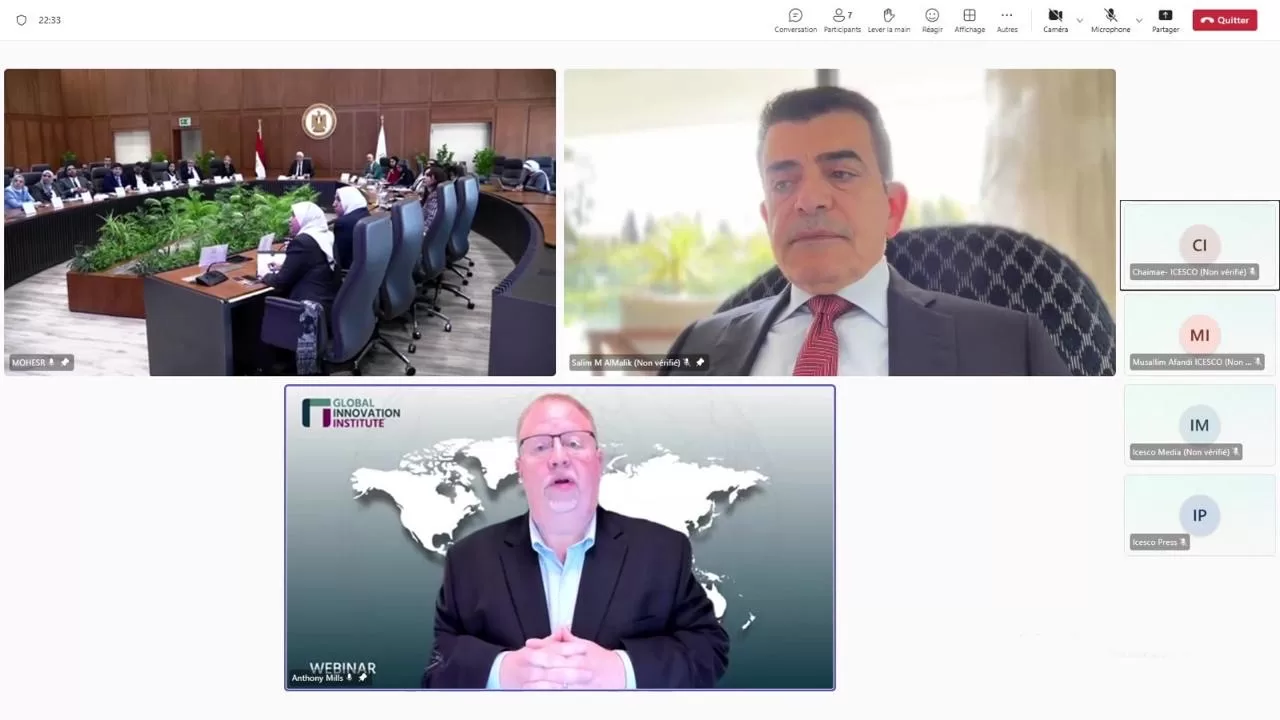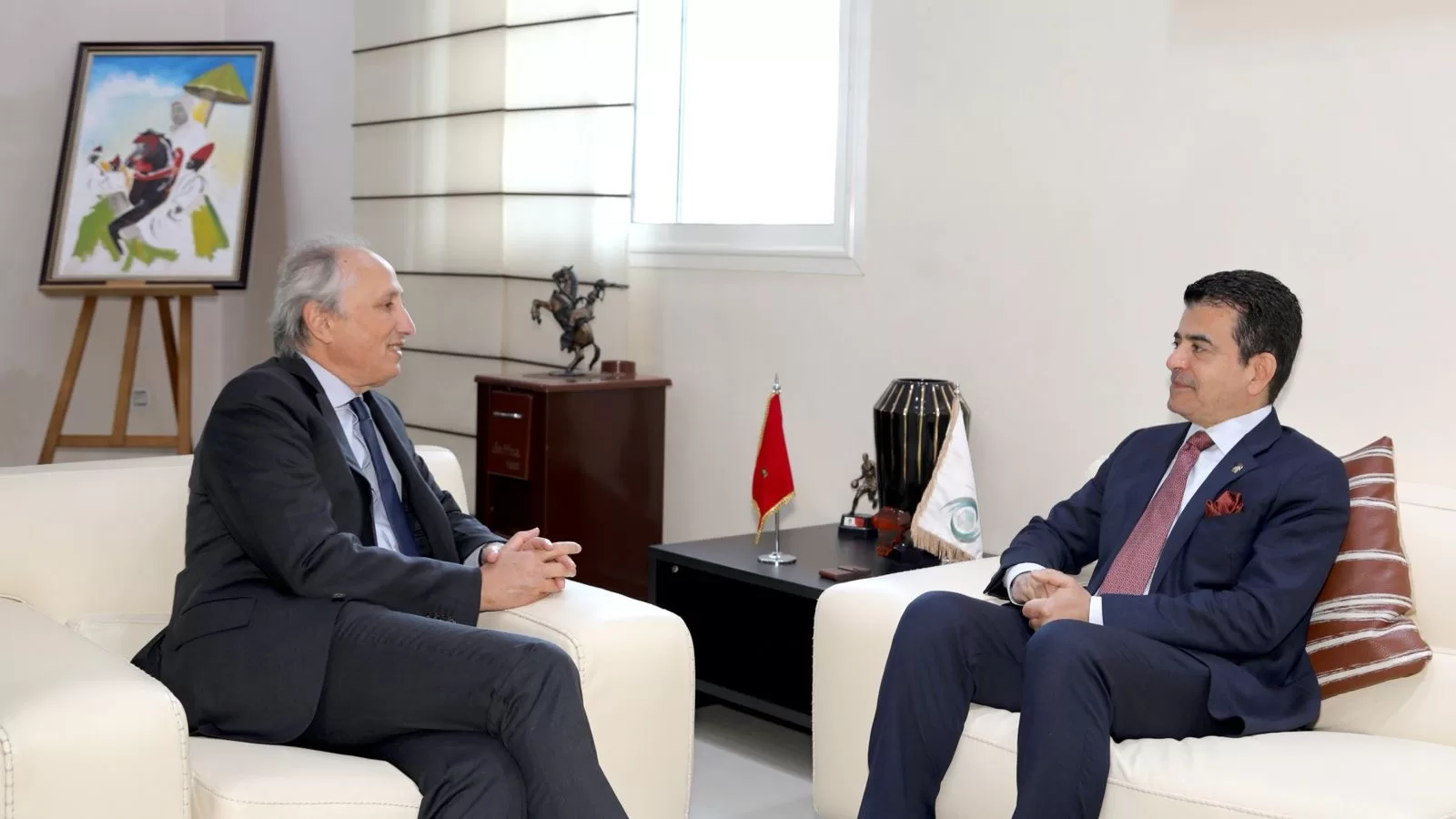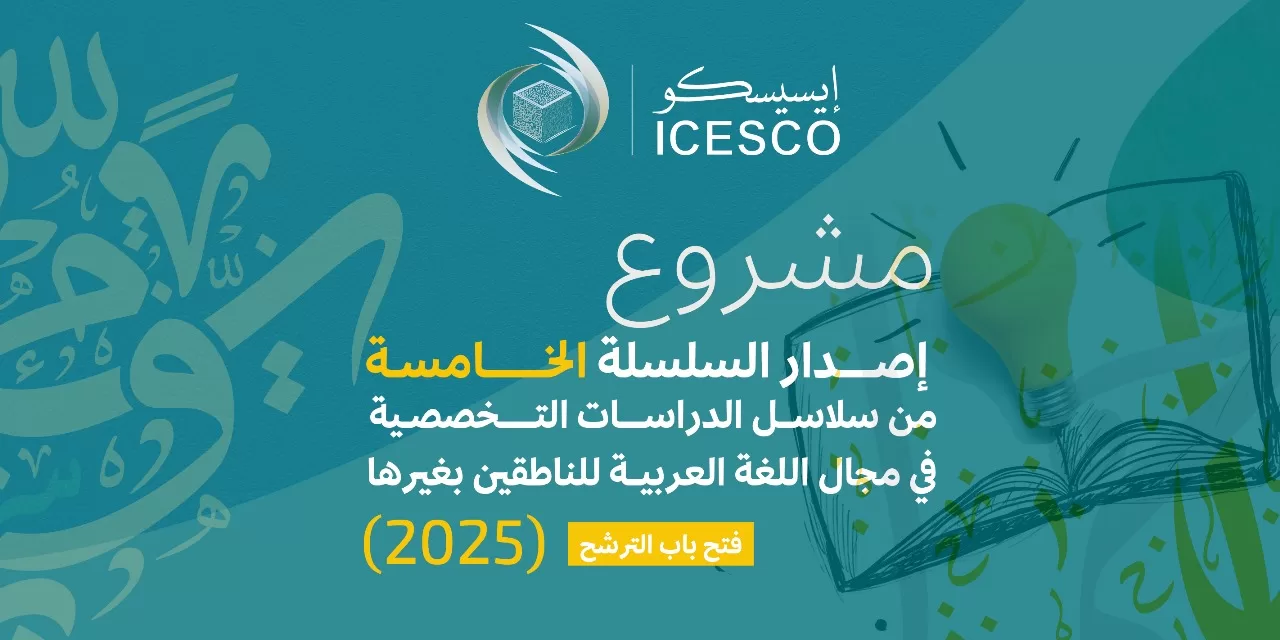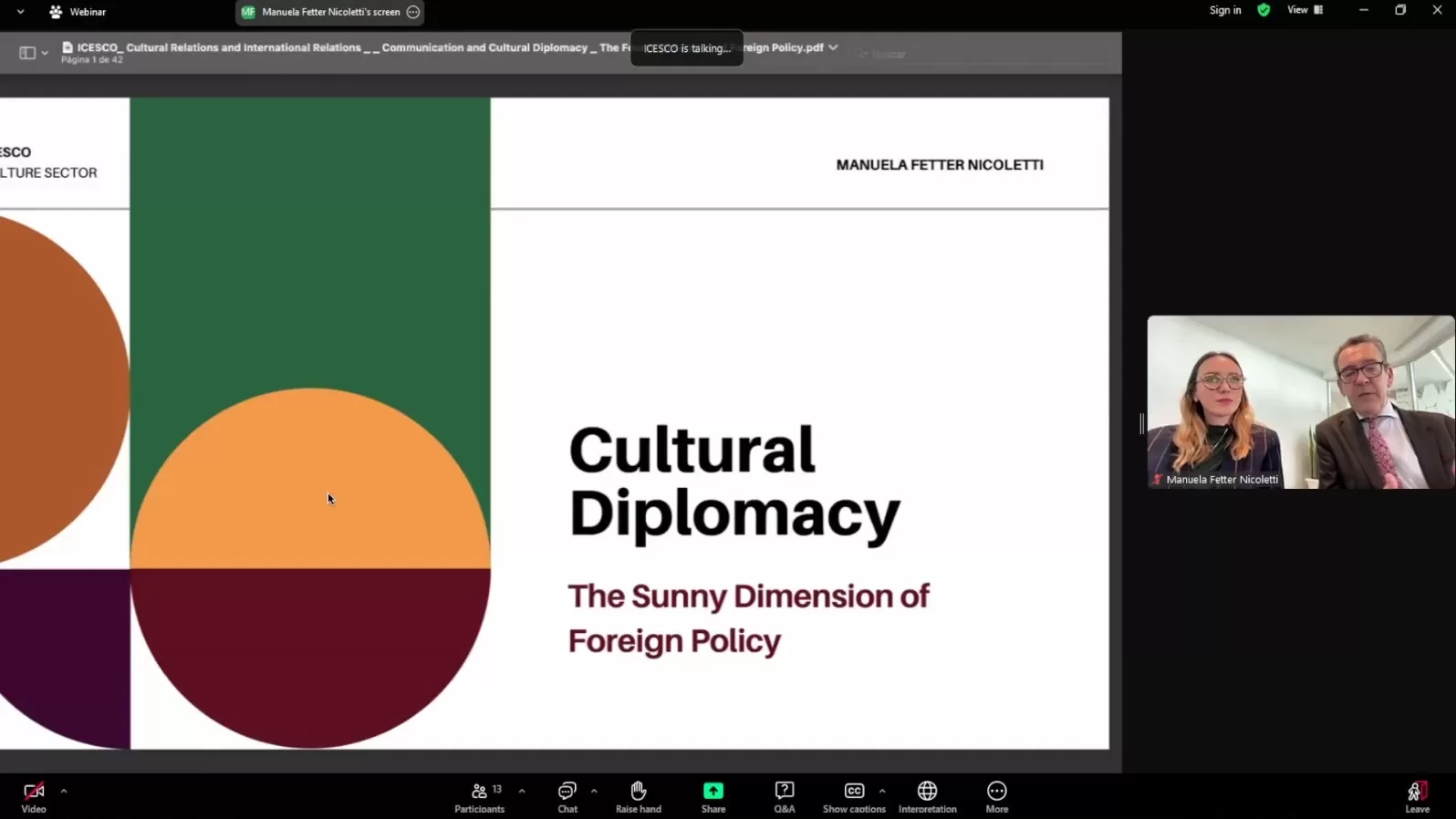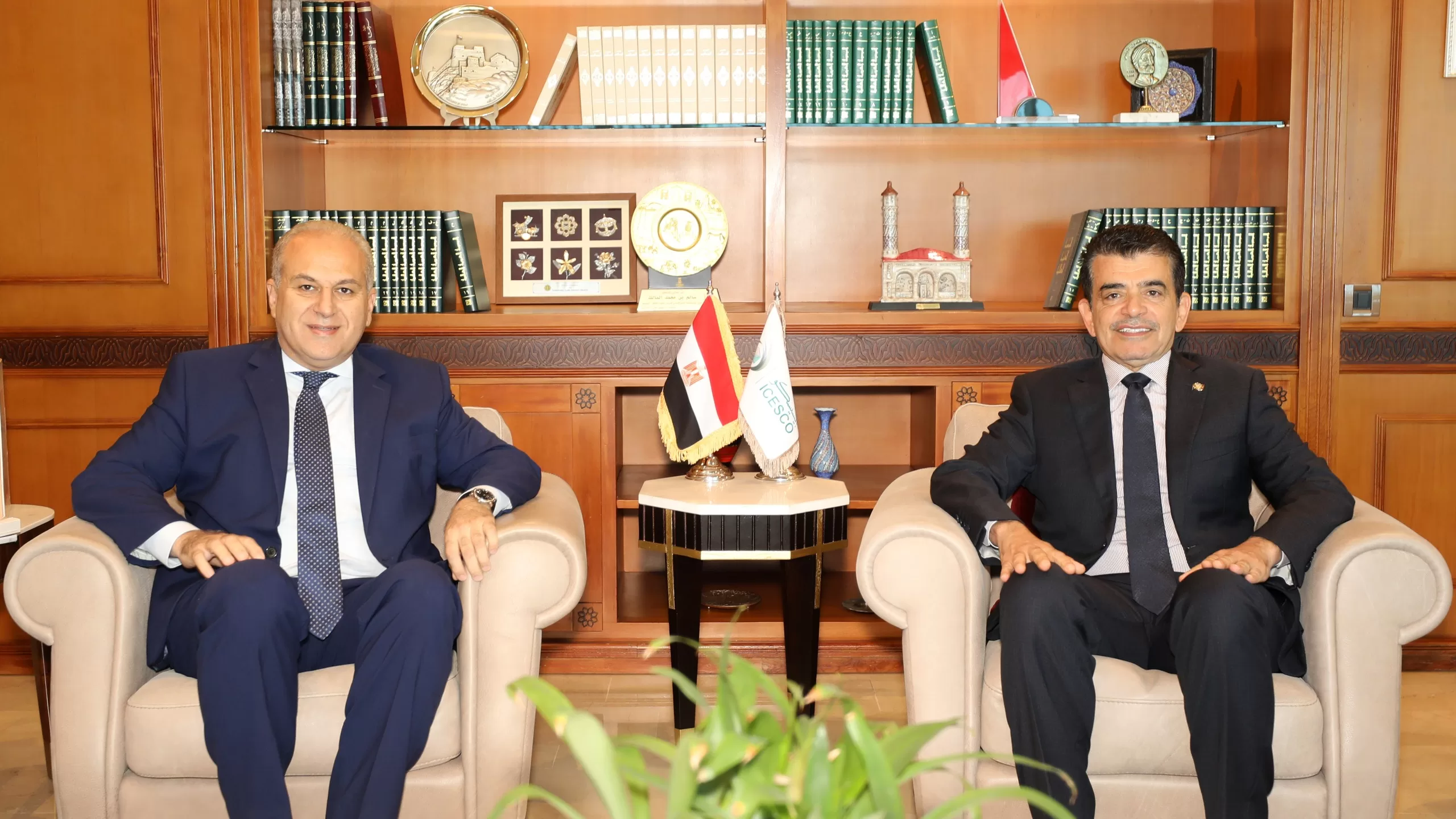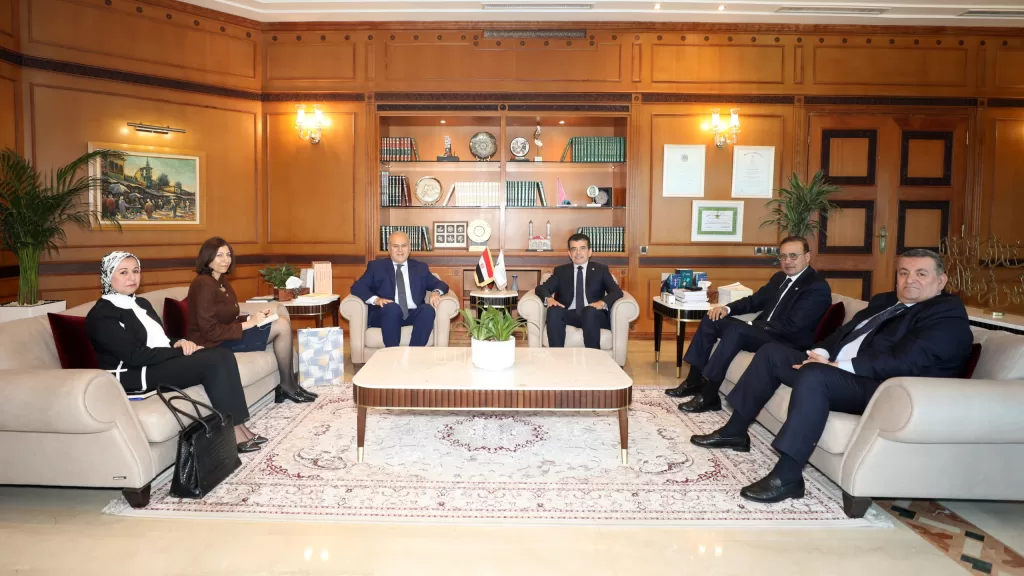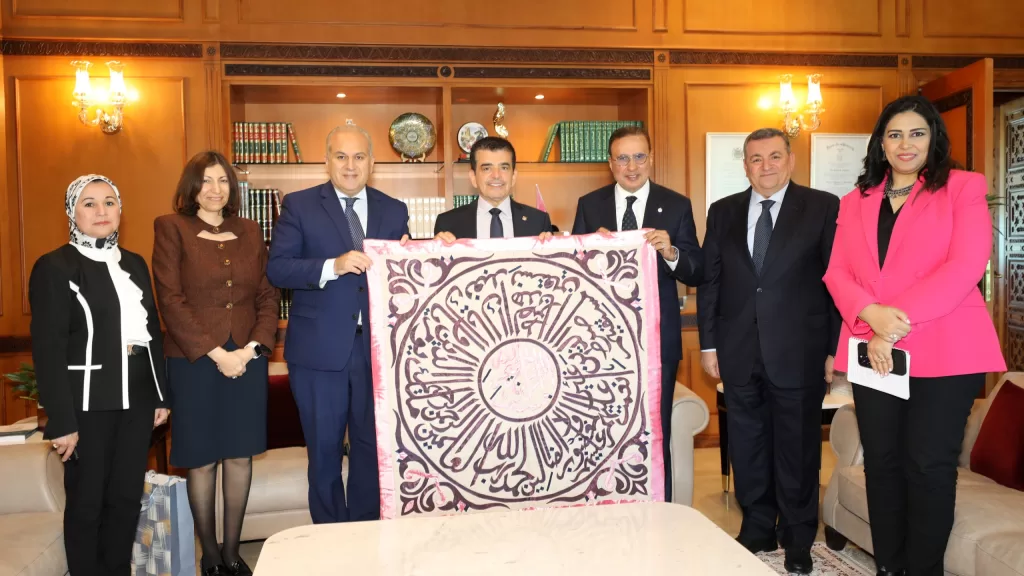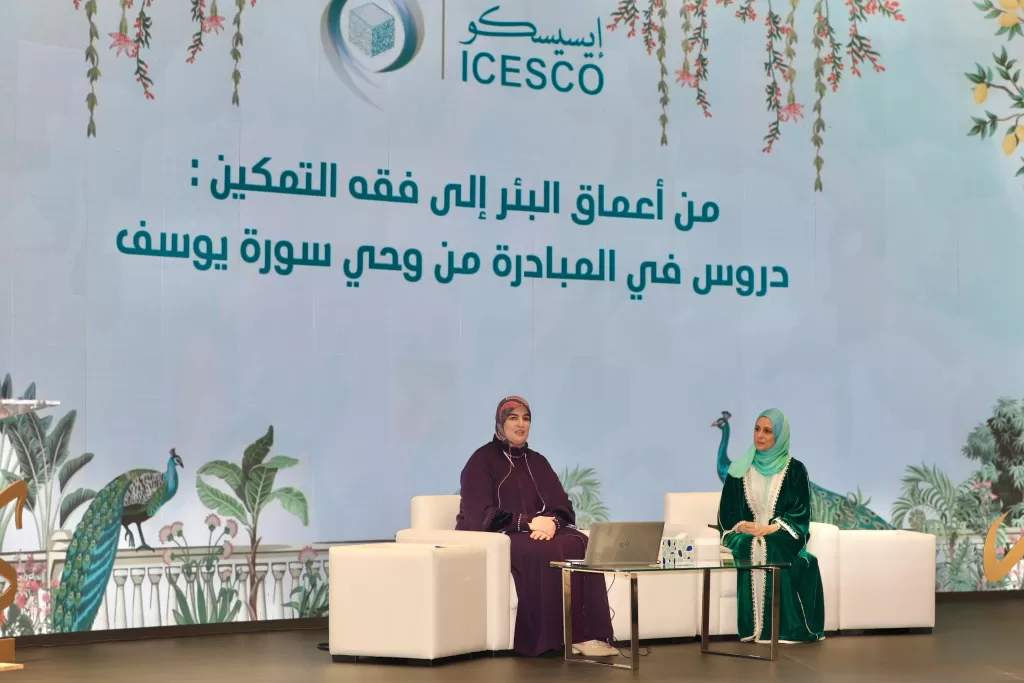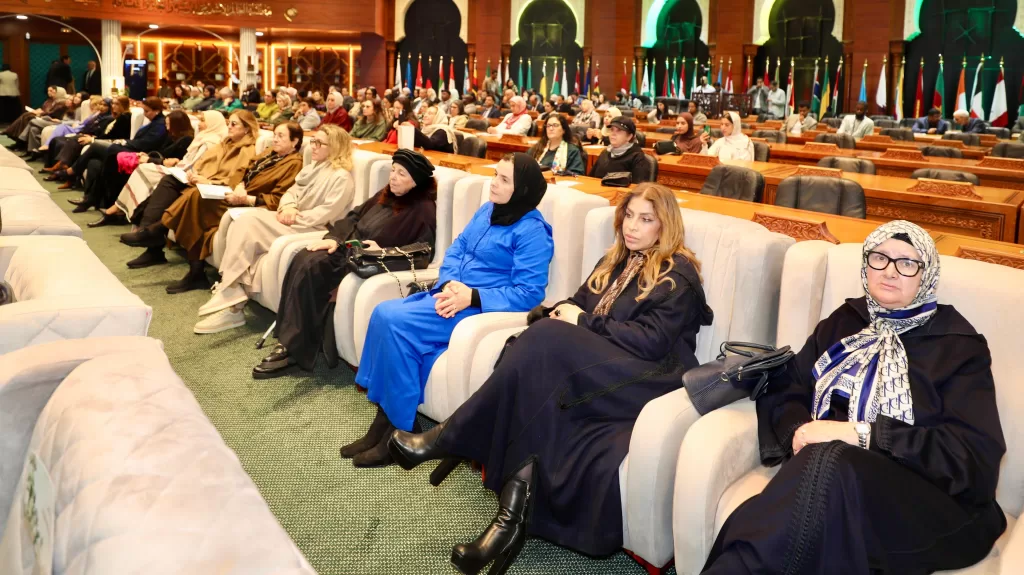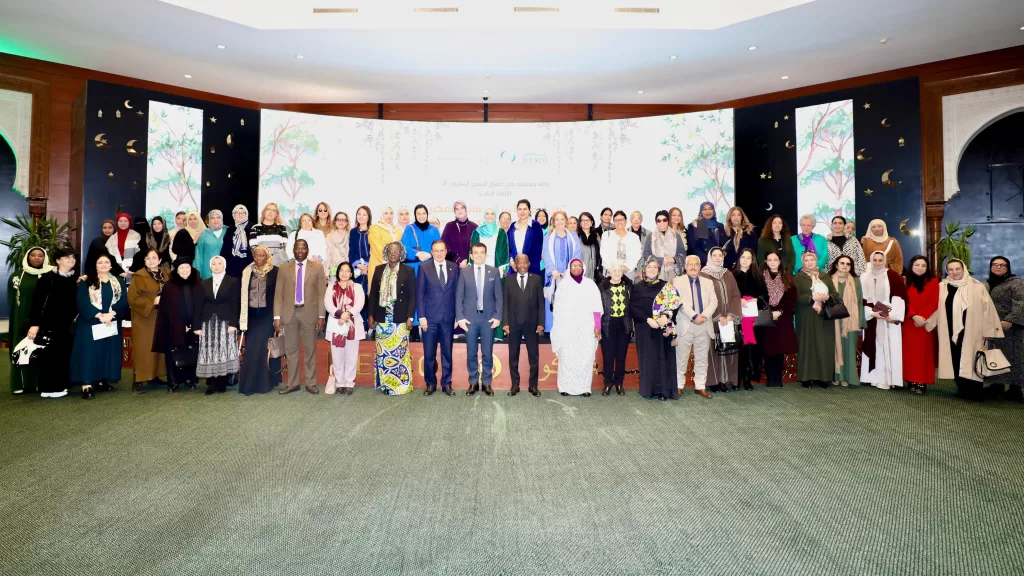In celebration of World Poetry Day, the Islamic World Educational, Scientific, and Cultural Organization (ICESCO) held, on Wednesday, March 26, 2025, a poetry event at its headquarters in Rabat, with the participation of several poets from ICESCO Member States, under the theme “Poetry, the Voice of Humanity, the Memory of the Earth.” The attendees actively engaged with the event, driven by their passion for poetry and their belief in the power of the word to embody beauty and convey deep meanings.
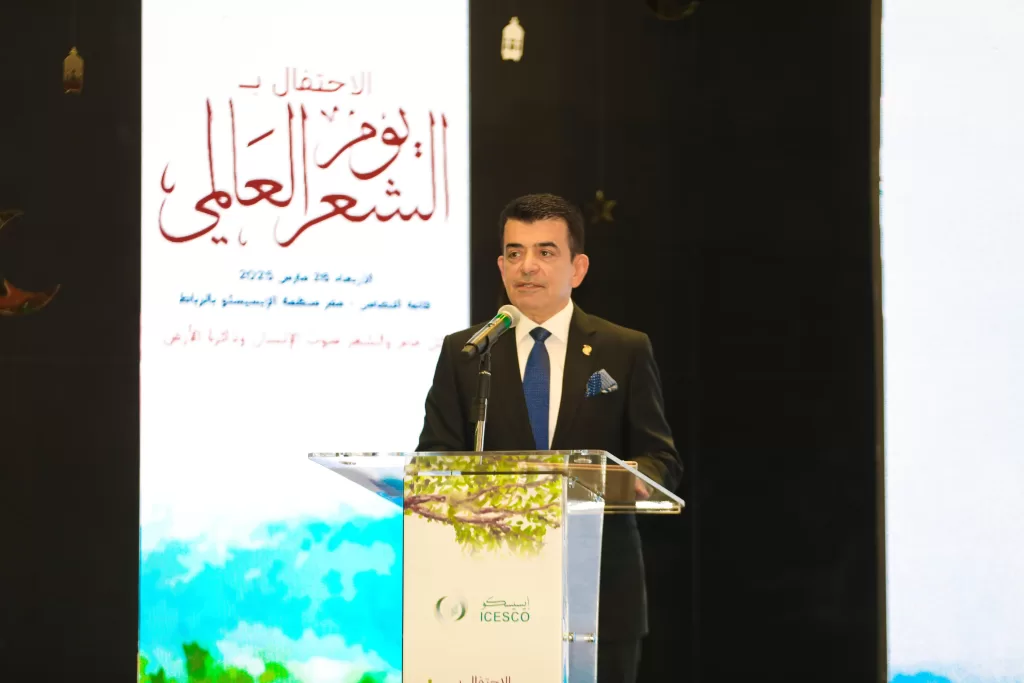
At the opening of the event, Dr. Salim M. AlMalik, ICESCO Director-General, welcomed the participating poets, praising the status of poetry as one of the most prominent forms of human expression and as a means of self-cultivation and enrichment of the soul. He highlighted the role of poets as guardians of words that carry strong messages aimed at changing society. He also noted that poetry has a unique ability to influence souls and open horizons for thinking and change.
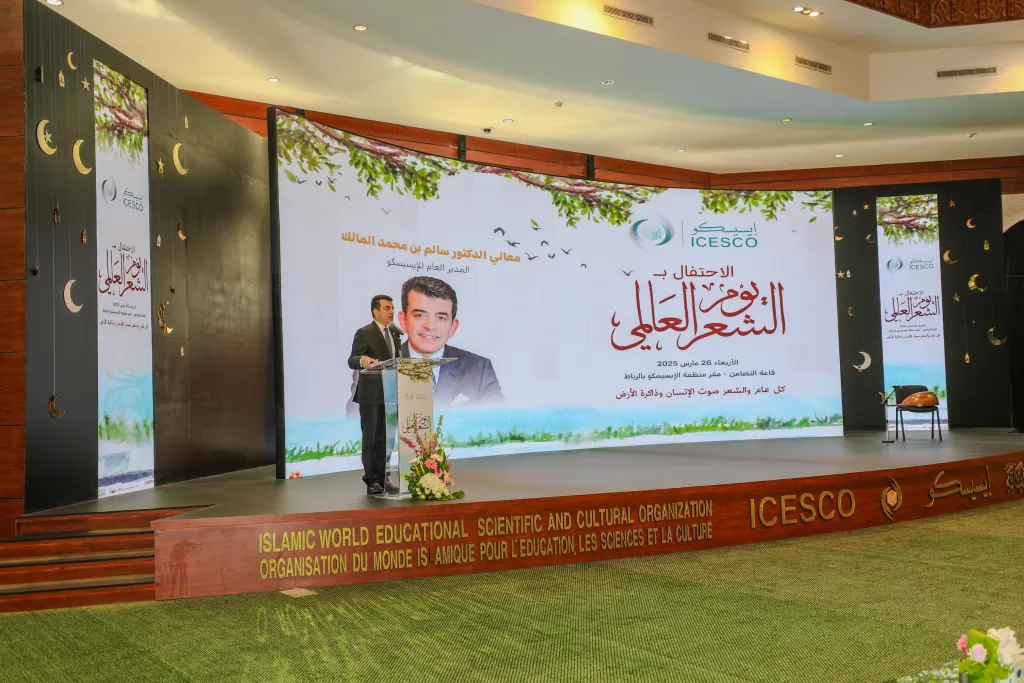
In a measure intended at strengthening the cultural scene in the Islamic world, ICESCO Director-General announced the establishment of ICESCO’s “Center for Poetry and Literature,” which aims to invigorate cultural engagement in the fields of poetry and literature. He explained that it will be a cultural beacon aimed at intellectual and creative enrichment in the Islamic world and will seek to make ICESCO a global hub for culture and poetry.
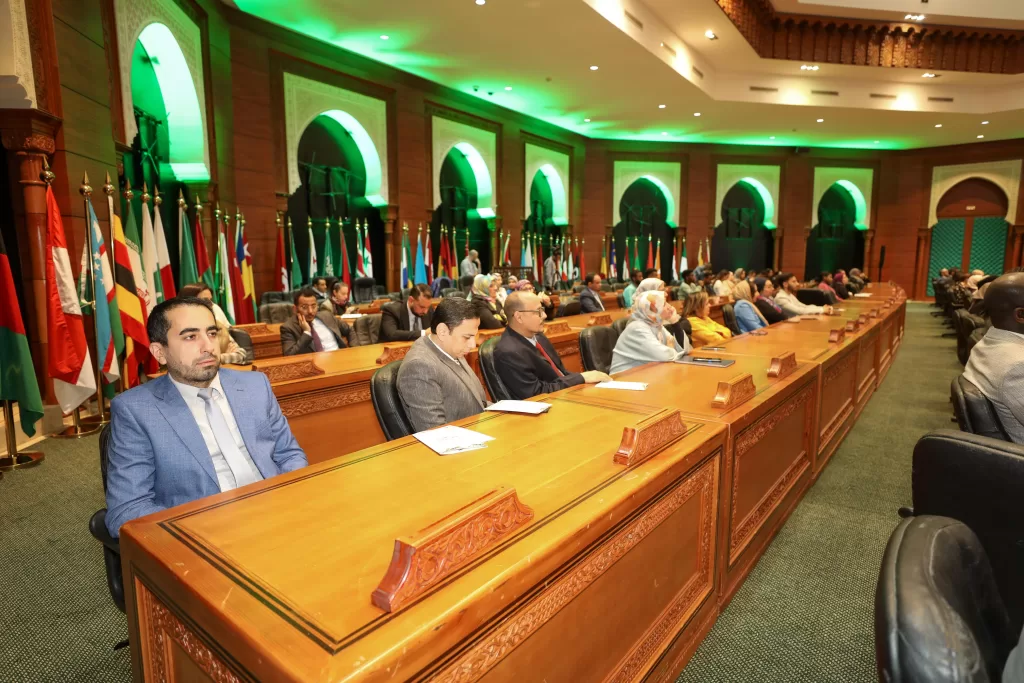
During the event, poet Rawda Al-Hajj, an expert at ICESCO’s Culture Sector, moderated the screening of The Bird of Ancient Tales, an ICESCO film showcasing poetry’s enduring presence across all aspects of life. The screening was followed by poetry readings from H.E. Dr. Salim M. AlMalik and Ambassador Khaled Fatah Al Rahman, Head of the Center for Civilizational Dialogue, alongside distinguished Moroccan poets, including Dr. Ahmed Lahrichi, Mr. Khalid Boudrif, and Mr. Othman Hichou. Poets from Saudi Arabia, Egypt, Iraq, and Senegal also participated via videoconference, contributing inspiring verses that enriched the event.
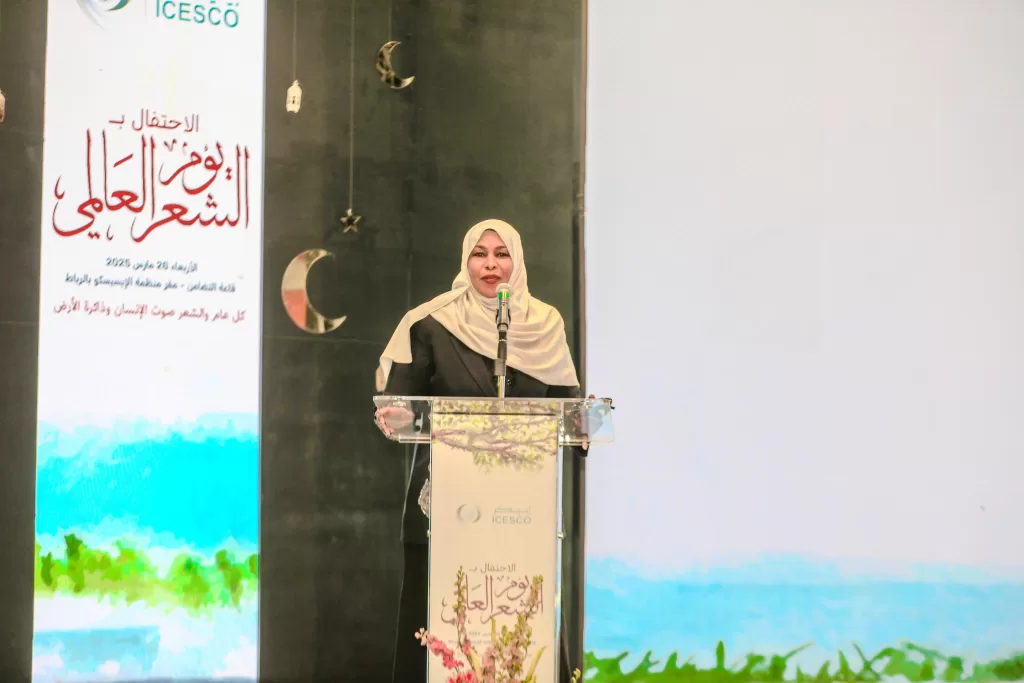
In conclusion, Ms. Rawda Al-Hajj announced the winners of the Cities of Poems Award, launched by ICESCO to celebrate Marrakech, Shusha, and Benghazi as the 2024 Capitals of Culture in the Islamic World. All participants were honored for their exceptional contributions to the enrichment of Arabic and Islamic poetry and culture.
